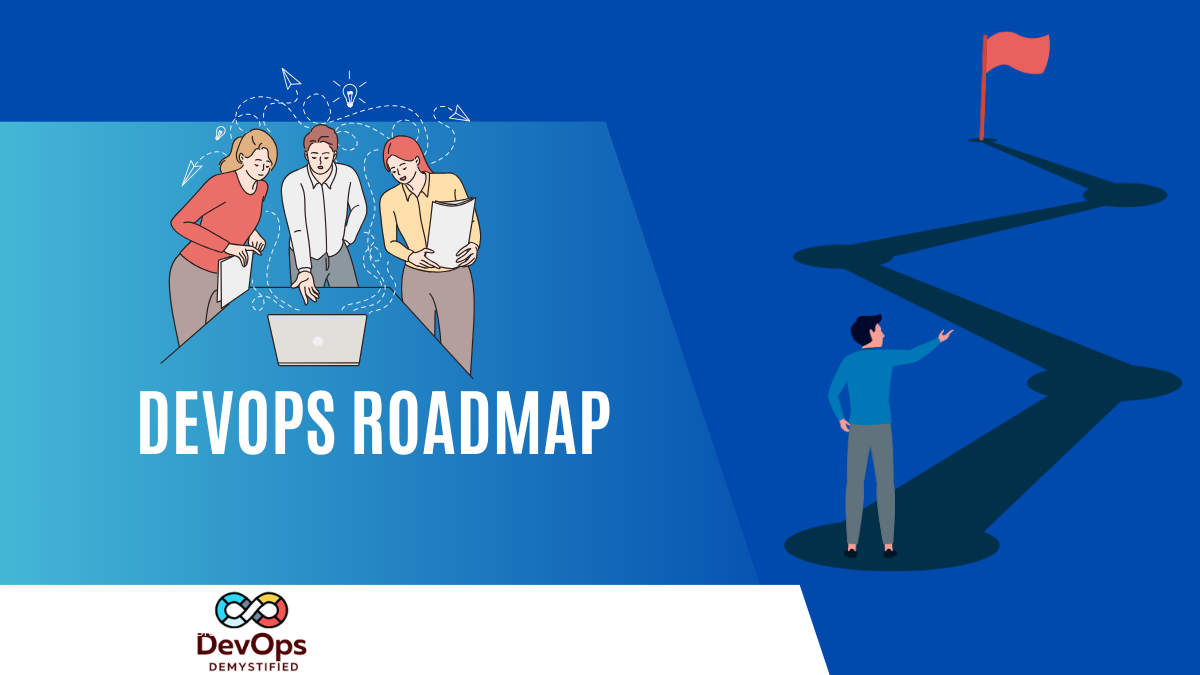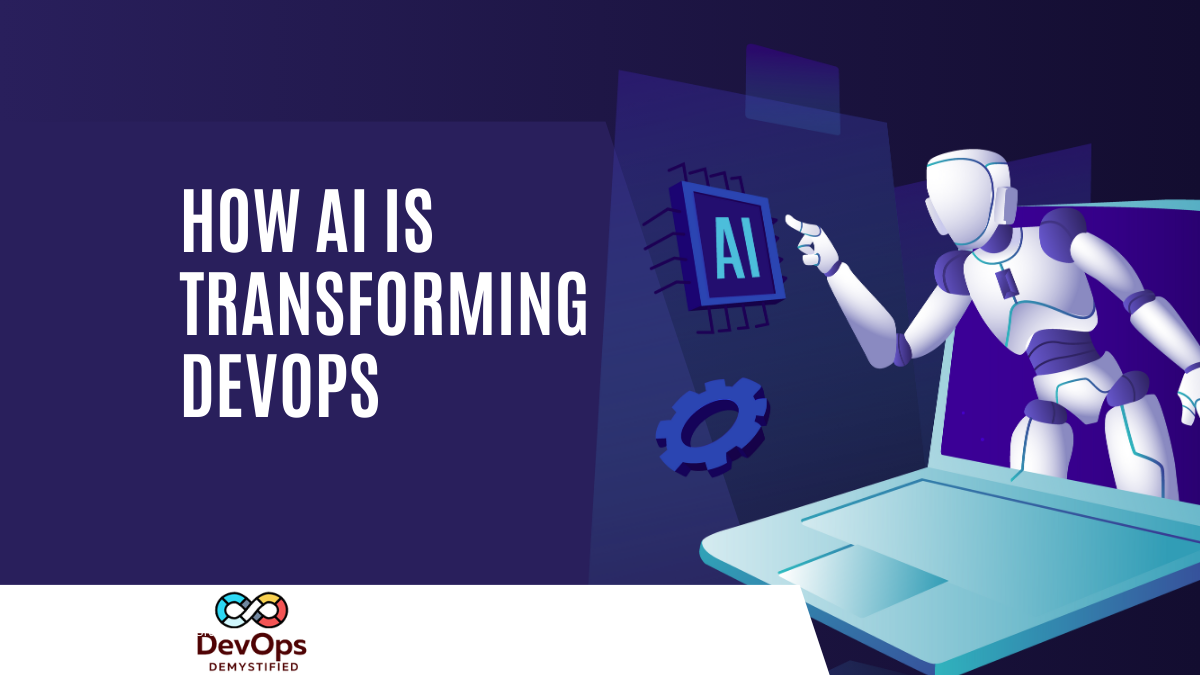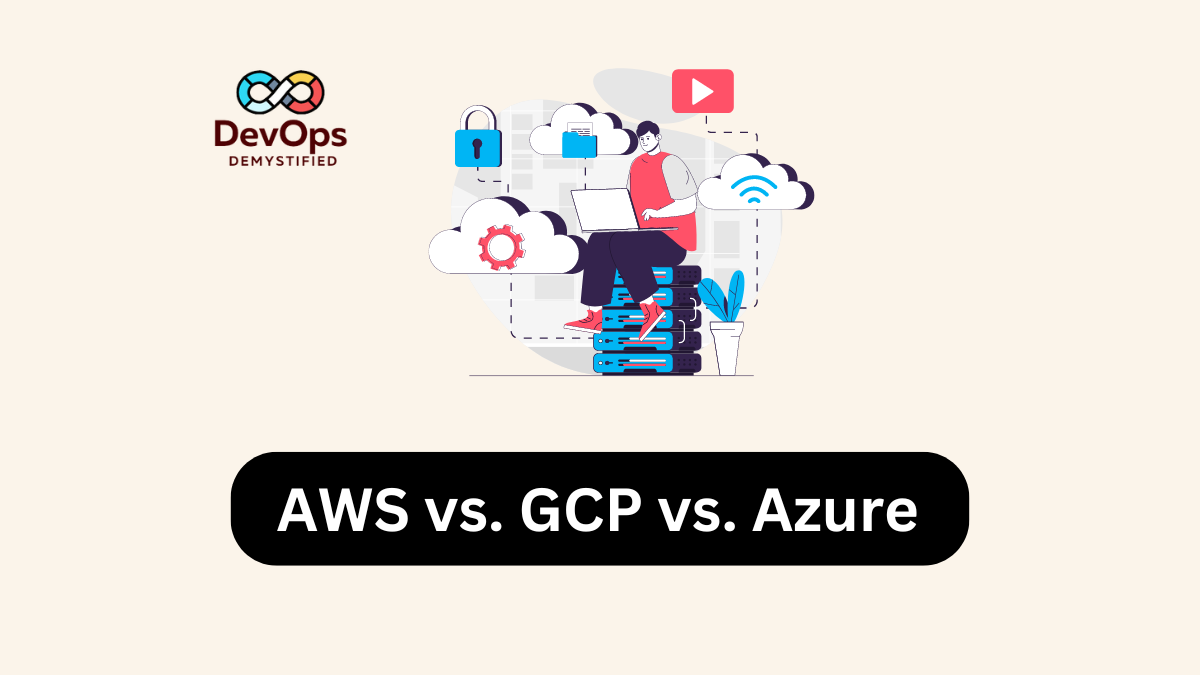In today’s fast-paced tech landscape, DevOps has emerged as a crucial methodology that combines software development (Dev) and IT operations (Ops). It aims to shorten the development lifecycle and deliver high-quality software more efficiently. If you’re looking to start or advance your career in DevOps, understanding the DevOps roadmap is essential. This article outlines the key components and skills you need to succeed in this dynamic field.
What is DevOps?
DevOps is a cultural and technical movement that emphasizes collaboration between development and operations teams. By adopting DevOps practices, organizations can enhance deployment frequency, achieve faster time to market, and improve service reliability.
The DevOps Roadmap: Key Components
1. Understanding DevOps Principles
Before diving into technical skills, familiarize yourself with the foundational principles of DevOps:
- Collaboration: Breaking down silos between teams.
- Automation: Streamlining processes to reduce manual work.
- Continuous Integration and Continuous Deployment (CI/CD): Ensuring frequent code changes and automated deployments.
- Monitoring and Feedback: Collecting data to improve processes continuously.
2. Core Skills to Learn
a. Programming and Scripting
- Languages: Proficiency in languages like Python, Ruby, Java, or Go is essential.
- Scripting: Understanding Bash or PowerShell can automate repetitive tasks.
b. Version Control Systems
- Git: Mastering Git is crucial for managing code versions and collaborating with team members. Familiarize yourself with platforms like GitHub, GitLab, or Bitbucket.
c. Continuous Integration/Continuous Deployment (CI/CD)
- CI/CD Tools: Learn tools like Jenkins, CircleCI, or Travis CI to automate testing and deployment processes.
3. Containerization and Orchestration
a. Containers
- Docker: Understanding containerization with Docker is fundamental for packaging applications.
b. Orchestration
- Kubernetes: Learn how to manage containerized applications with Kubernetes for automated deployment, scaling, and operations.
4. Cloud Platforms
Familiarity with cloud service providers is vital in modern DevOps environments:
- AWS, Azure, and GCP: Learn the basics of at least one major cloud platform. Understand services related to computing, storage, and networking.
5. Infrastructure as Code (IaC)
Understanding IaC is crucial for automating infrastructure management:
- Tools: Learn tools like Terraform or AWS CloudFormation to manage infrastructure programmatically.
6. Monitoring and Logging
Effective monitoring and logging are essential for maintaining application health:
- Tools: Familiarize yourself with monitoring tools like Prometheus, Grafana, or ELK Stack (Elasticsearch, Logstash, Kibana) for logging and visualization.
7. Configuration Management
Learn how to manage configurations in your environments:
- Tools: Explore tools like Ansible, Puppet, or Chef to automate configuration management and ensure consistency across environments.
4. Soft Skills
While technical skills are crucial, soft skills play a vital role in DevOps:
- Collaboration: Ability to work well with cross-functional teams.
- Communication: Clear communication helps to align teams and stakeholders.
- Problem-Solving: Analytical skills are necessary to troubleshoot and optimize processes.
5. Certifications and Continuous Learning
Consider obtaining certifications to validate your skills:
- Certifications: Look into certifications from AWS, Azure, or Google Cloud, as well as DevOps-specific certifications like the DevOps Institute or Docker Certified Associate.
6. Building a Portfolio
As you acquire skills, work on projects to build a portfolio. This could include:
- Personal Projects: Create your own applications and deploy them using DevOps practices.
- Contributing to Open Source: Engage with open-source projects to gain practical experience and showcase your skills.
Conclusion
The DevOps roadmap is a comprehensive guide for anyone looking to excel in this fast-evolving field. By mastering the principles, technical skills, and soft skills outlined above, you’ll be well-equipped to thrive in a DevOps environment. As technology continues to advance, staying updated and continuously learning will be crucial for your success in DevOps.
By following this roadmap, you can transform your career and contribute effectively to your organization’s goals. Embrace the journey, and prepare to make a significant impact in the world of software development and IT operations!




